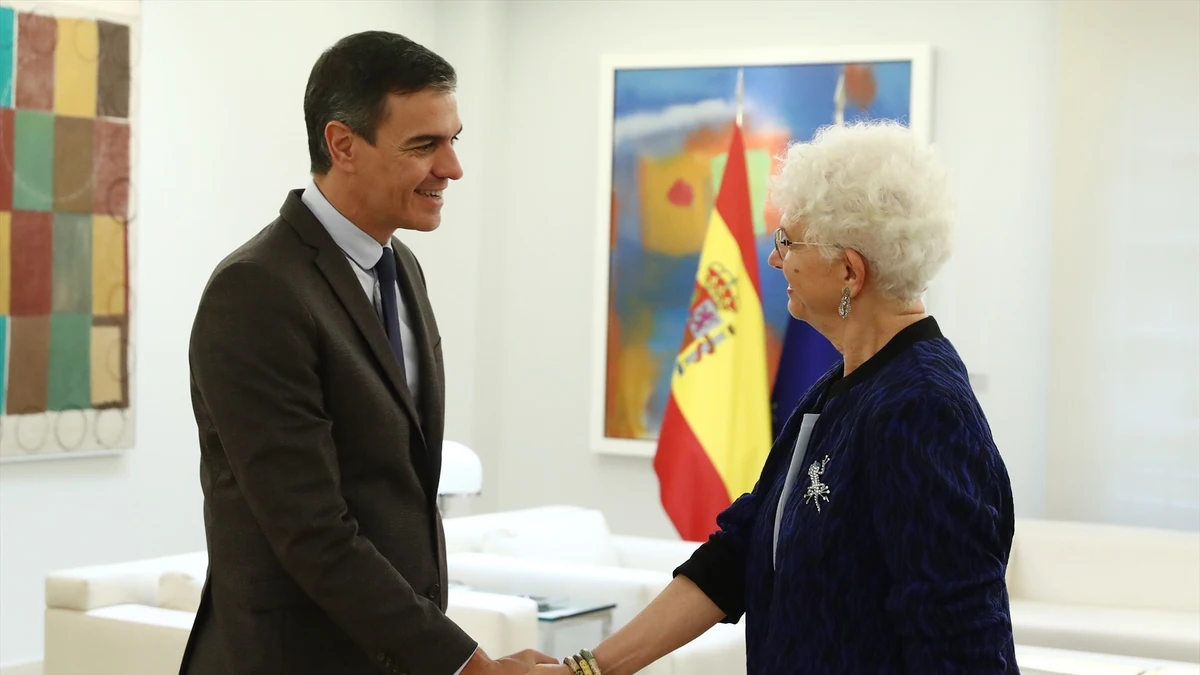
The Israeli ambassador to Spain will return to her post after being called for consultations in November, when the President of the Spanish Government, Pedro Sánchez, questioned whether Israel complies with international law in its war against Hamas, due to the high number of victims in the Gaza Strip. “The Israeli ambassador to Spain, Dr. Rodica Radian-Gordon, will return to Madrid at the beginning of next week (…) after a series of problematic statements from Spanish officials“, indicates a statement from the Israeli Foreign Ministry.
“Given the improvement in messages from the Government of Spain and the importance of relations between Israel and Spain, It was decided that the ambassador returns to Madrid and continue to promote the right of the State of Israel to protect its citizens against the terrorist organization Hamas, and to exert international pressure for the release of those kidnapped in the Gaza Strip,” the report added.
During a November tour of Israel, the Palestinian territories and Egypt, Sánchez criticized the high number of victims in Gaza due to the war between the Jewish State and the Islamist group Hamas, which currently amounts to 22,438 dead and 57,614 injured – most of them children, women and the elderly – according to Gaza authorities, as well as 1.9 million displaced people.
He also stood firm with the Spanish proposal to recognize a Palestinian State, and warned that, if the European Union did not agree, Spain would make “its own decisions.” A few days later, Sánchez returned to the fray in an interview on TVE, in which he claimed to have “frank doubts that (Israel) is complying with international humanitarian law“in its offensive in Gaza.
On November 30, the Israeli Foreign Ministry He described Sánchez’s statements as “outrageous”, and called his ambassador in Spain for consultations. He also called for a “reprimand” to the Spanish ambassador in Tel Aviv. Israel declared war on Hamas on October 7, after a massive attack by the Islamist group, which included the launching of rockets and the simultaneous infiltration of thousands of militiamen who massacred some 1,200 people and kidnapped another 250 in towns near Gaza.
Since then, the Israeli Army has launched a strong offensive by air, land and sea against the Palestinian enclave, where survivors face an unprecedented humanitarian crisis due to the collapse of hospitals, the outbreak of epidemics and the shortage of drinking water, food, medicine, electricity and fuel. Despite growing international pressure, a ceasefire is not in sight in the short term.
Source: Lasexta
Ricardo is a renowned author and journalist, known for his exceptional writing on top-news stories. He currently works as a writer at the 247 News Agency, where he is known for his ability to deliver breaking news and insightful analysis on the most pressing issues of the day.












